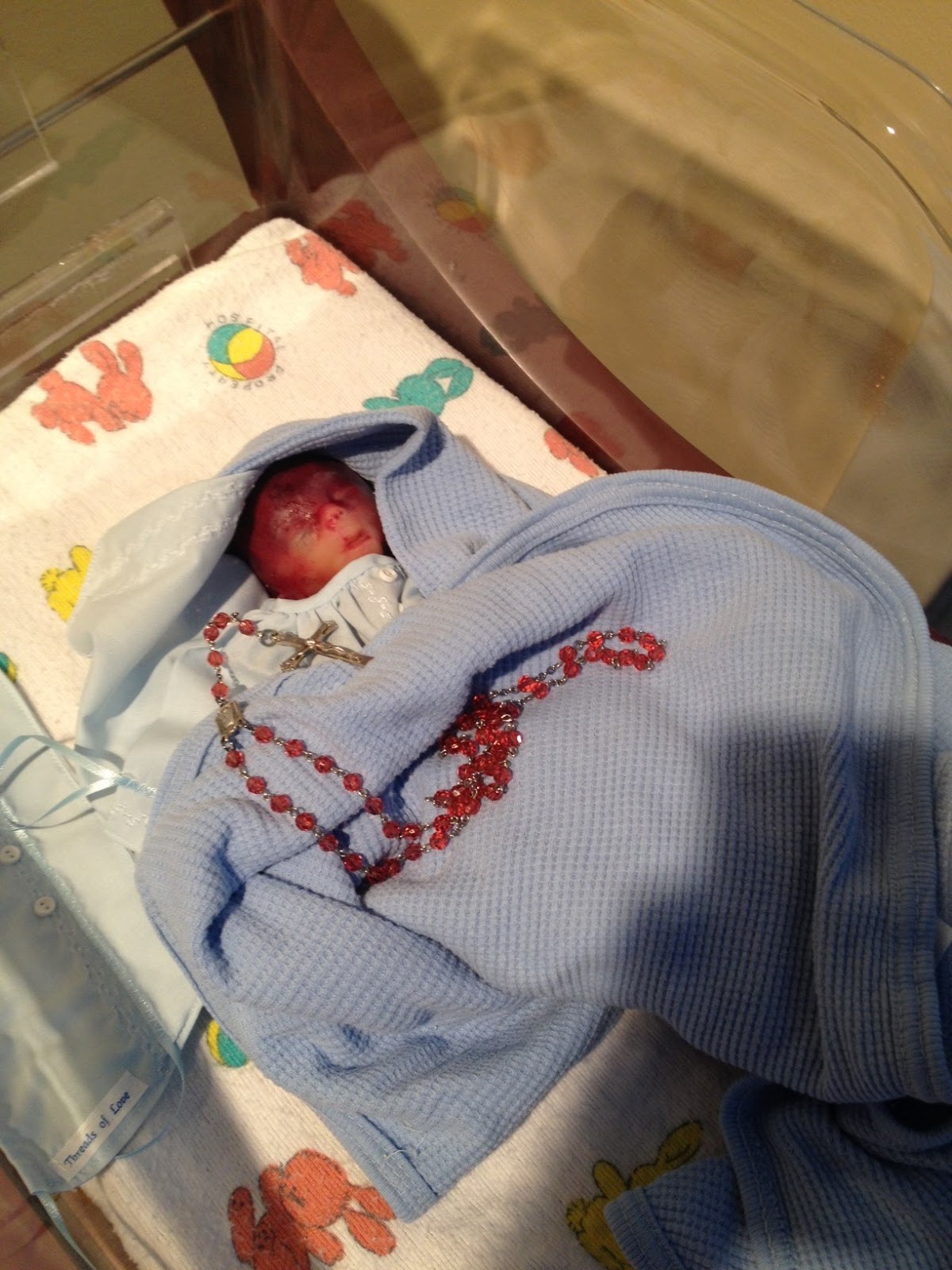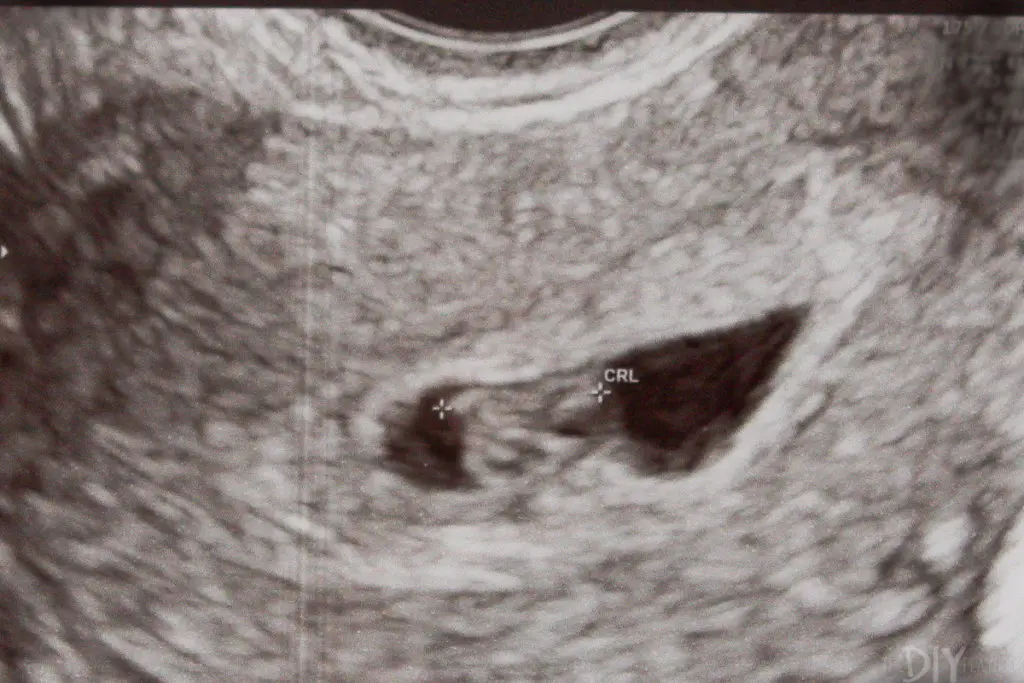Experiencing a miscarriage is one of the most challenging moments in life, and understanding what happens during the early stages can bring clarity and healing. If you're searching for miscarriage pictures at 4 weeks, you're not alone. Many individuals and couples seek visual representations to better understand what their bodies are going through. In this article, we’ll explore this sensitive topic with care, offering insights and resources to help you navigate this difficult journey.
Miscarriage is a deeply personal and emotional experience. At 4 weeks, it’s still early in the pregnancy journey, but the impact can be profound. While images of miscarriage at this stage might not always be easy to find or discuss openly, they play a crucial role in helping people process their loss. In this guide, we’ll delve into what happens during this stage, why it occurs, and how to cope with it.
Our goal here is to provide you with accurate, compassionate information that respects your feelings and supports your healing. Whether you're looking for miscarriage pictures at 4 weeks for educational purposes or personal reasons, we’ve got you covered. Let’s dive in.
Read also:Greenville News Obits Sc Your Goto Source For Local Remembrance
What Happens During a Miscarriage at 4 Weeks?
At 4 weeks, the pregnancy is still in its earliest stages. The fertilized egg has just implanted in the uterine lining, and the body begins producing pregnancy hormones like hCG. However, sometimes things don’t go as planned, and a miscarriage can occur. Here’s what typically happens:
- The embryo may stop developing due to chromosomal abnormalities or other factors.
- The body recognizes the issue and begins to shed the uterine lining, similar to a menstrual period.
- Some women may experience light spotting or heavier bleeding, while others may have no symptoms at all.
It’s important to remember that miscarriages at this stage are relatively common, affecting up to 20% of known pregnancies. While it can feel isolating, you’re not alone in this experience.
Why Do Miscarriages Occur at 4 Weeks?
Miscarriages at 4 weeks are often caused by factors beyond anyone's control. Here are some common reasons:
Chromosomal Abnormalities
Most early miscarriages are due to chromosomal issues in the embryo. These abnormalities can prevent the embryo from developing properly, leading to a natural halt in the pregnancy process.
Maternal Health Factors
While less common, certain health conditions like hormonal imbalances, thyroid disorders, or uterine structural issues can contribute to early miscarriages. It’s essential to consult a healthcare provider if you suspect any underlying conditions.
Environmental and Lifestyle Factors
Exposure to harmful substances, extreme stress, or unhealthy lifestyle choices can also increase the risk of miscarriage. However, in many cases, the cause remains unknown.
Read also:Unveiling The Power Of Teams In Cfl Your Ultimate Guide
Miscarriage Pictures at 4 Weeks: What to Expect
When searching for miscarriage pictures at 4 weeks, it’s important to approach the topic with sensitivity. At this stage, the embryo is still very small, often resembling a tiny cluster of cells. Here’s what you might see:
- A small sac or cluster of cells in the uterine lining.
- Light spotting or blood clots during the miscarriage process.
- Ultrasound images may show an empty gestational sac or no visible embryo.
While these images can be helpful for understanding what’s happening in your body, they can also be emotionally challenging. It’s okay to take your time processing them and seeking support when needed.
Emotional Impact of Early Miscarriage
Miscarriage, even at 4 weeks, can have a significant emotional impact. Here’s how you might feel and what you can do to cope:
Grieving the Loss
It’s normal to feel sadness, anger, or confusion after a miscarriage. Allow yourself the space to grieve, even if the pregnancy was still in its early stages. Talking to a therapist or joining a support group can be incredibly helpful.
Communicating with Loved Ones
Sharing your experience with trusted friends or family members can provide comfort and understanding. You don’t have to go through this alone. Lean on your support system during this time.
Taking Care of Yourself
Self-care is crucial after a miscarriage. Focus on eating well, getting enough rest, and engaging in activities that bring you joy. Your body and mind need time to heal.
Medical Insights: What Your Doctor Can Tell You
Consulting a healthcare provider after a miscarriage is essential for understanding what happened and preparing for the future. Here’s what you can expect:
Diagnostic Tests
Your doctor may recommend blood tests or ultrasounds to confirm the miscarriage and identify any underlying causes. These tests can provide valuable information for future pregnancies.
Treatment Options
In some cases, your doctor may suggest medical or surgical interventions to help your body fully recover from the miscarriage. Discuss all available options with your healthcare provider to determine the best course of action.
Future Planning
If you’re planning to try for another pregnancy, your doctor can offer guidance on timing and any necessary precautions. Remember, many women go on to have successful pregnancies after a miscarriage.
Support Systems and Resources
Having a strong support system is vital during this time. Here are some resources that can help:
Online Communities
Joining online forums or support groups for individuals who have experienced miscarriage can provide a sense of connection and understanding. Sharing stories and advice with others can be incredibly comforting.
Counseling Services
Therapists specializing in reproductive health or grief counseling can offer personalized support. They can help you process your emotions and develop coping strategies.
Educational Materials
Books, articles, and videos about miscarriage and pregnancy loss can provide valuable insights and reassurance. Look for resources from reputable organizations like the American Pregnancy Association or the Miscarriage Association.
Preventing Future Miscarriages
While not all miscarriages can be prevented, there are steps you can take to reduce the risk:
Healthy Lifestyle Choices
Eating a balanced diet, exercising regularly, and avoiding harmful substances can improve your overall health and fertility.
Regular Check-ups
Staying up-to-date with routine medical exams can help identify and address any potential issues before they affect a pregnancy.
Managing Stress
Practicing stress-reducing techniques like meditation, yoga, or journaling can promote emotional well-being and support a healthy pregnancy.
Miscarriage Pictures 4 Weeks: FAQs
Here are some frequently asked questions about miscarriage pictures at 4 weeks:
Are miscarriage pictures at 4 weeks helpful?
For some people, viewing miscarriage pictures can provide clarity and understanding. However, it’s important to approach these images with caution and sensitivity.
Can I share my experience online?
Sharing your story can be empowering, but it’s crucial to prioritize your privacy and emotional well-being. Consider limiting the audience or using anonymous platforms if needed.
Will I be able to conceive again?
Most women who experience a miscarriage go on to have successful pregnancies in the future. Talk to your doctor about your specific situation and any concerns you may have.
Conclusion: Moving Forward with Hope
Miscarriage pictures at 4 weeks can offer valuable insights into the early stages of pregnancy loss. While this experience can be challenging, remember that you’re not alone. By seeking support, understanding the causes, and taking care of yourself, you can navigate this journey with strength and resilience.
We encourage you to share your thoughts and experiences in the comments below. Your voice matters, and sharing your story can help others who are going through similar situations. Additionally, don’t forget to explore our other articles for more information on reproductive health and wellness.
Remember: Healing takes time, and you deserve all the love and care you can give yourself during this process.
Table of Contents
- What Happens During a Miscarriage at 4 Weeks?
- Why Do Miscarriages Occur at 4 Weeks?
- Miscarriage Pictures at 4 Weeks: What to Expect
- Emotional Impact of Early Miscarriage
- Medical Insights: What Your Doctor Can Tell You
- Support Systems and Resources
- Preventing Future Miscarriages
- Miscarriage Pictures 4 Weeks: FAQs
- Conclusion: Moving Forward with Hope


